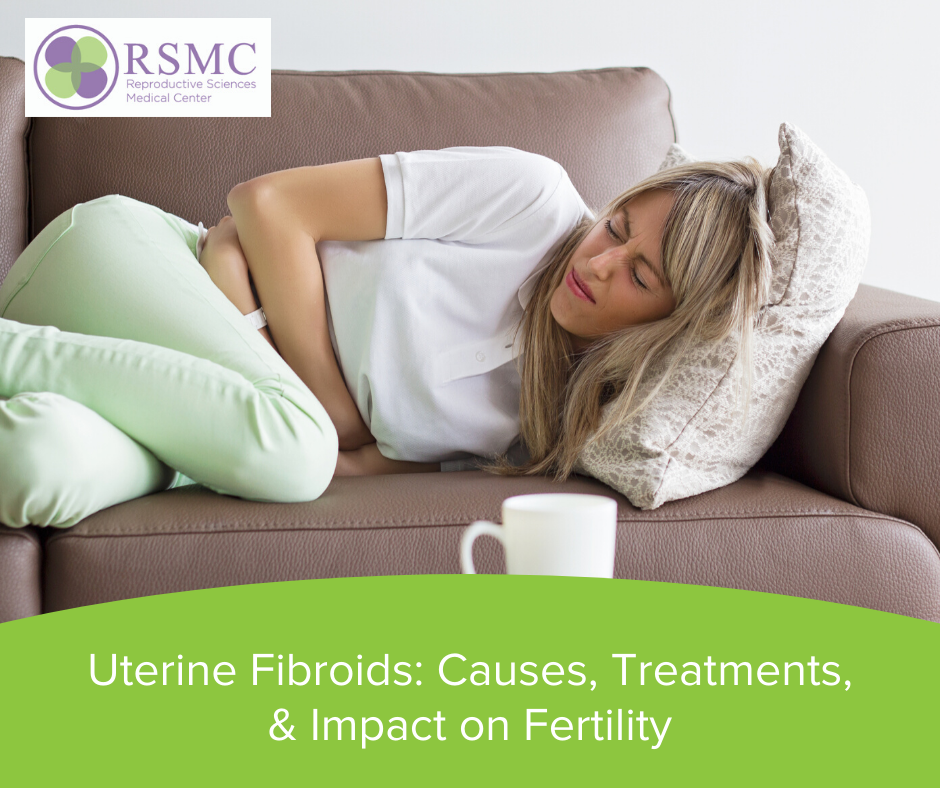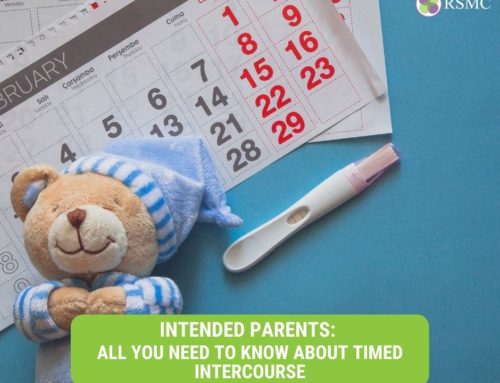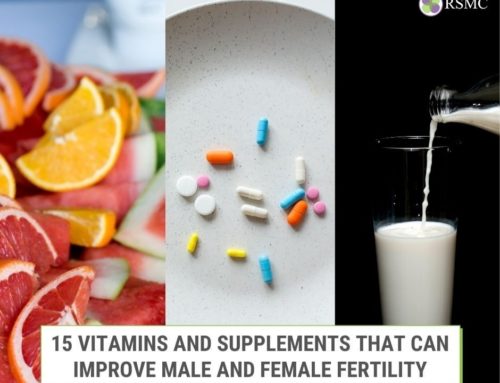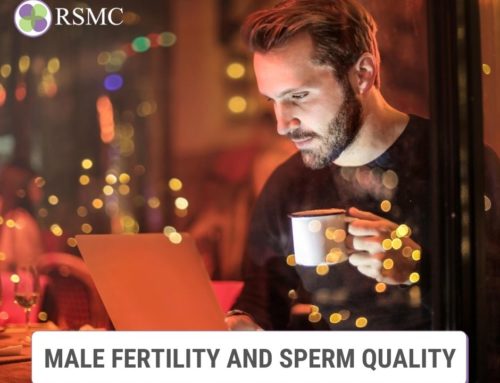According to the National Institutes of Health, about 20–80 % of women develop benign muscular tumors known as fibroids (also referred to as myomas or leiomyomas) by the time they reach 50. These tumors usually do not need treatment. However, you may require treatment, if fibroids cause heavy bleeding or affect your ability of pregnancy conception. So, the more you know about uterine fibroids, their symptoms, and how they can affect your fertility & reproductive health as well as pregnancy chances, the better.
What are Uterine Fibroids?
While uterine fibroids are technically tumors, they do not usually invade nearby tissues or spread to other parts of the body (non-cancerous). They may grow outside, inside, or within the uterus’ muscular wall – either in clusters or as a single tumor. Fibroids can be as big as a grapefruit or small as a seed. They have been linked with two female hormones: progesterone and estrogen. Both of these hormones induce the growth of the womb lining during the menstrual cycle. Thus, your levels of estrogen and progesterone can indicate how many fibroids you have and their sizes. Fibroids tend to shrink when you attain menopause as your fertility hormones reduce.
There are three different types of fibroids:
- Submucosal fibroids– which develop inside the womb
- Subserosal fibroids– which develop on the outer side of the womb
- Intramural fibroids-which develop within the uterine wall.
Among the three fibroid types, submucosal fibroids are more likely to affect a woman’s ability for pregnancy conception since they are found inside the womb. However, simple removal of the fibroid tissues often resolves any related issues.
Who can have Uterine Fibroids?
Almost anyone with a womb can have uterine fibroids. But still, some factors can increase the likelihood of developing these tumors that may affect pregnancy.
- Weight: There is a connection between higher weight and a higher risk of having fibroids due to elevated levels of estrogen.
- Age: Generally, fibroids are most prevalent in women between the age of 30 to 50.
- Family history: If your biological mother had uterine fibroids, you are three times as likely to have them.
- Race: Black women have a higher risk of developing fibroids compared to women of other races. These uterine fibroids can occur at a younger age, be bigger, and have more symptoms. It may be due to differences in the thickness of the endometrium, or the lining of the womb.
- Other factors that might increase the risk of fibroids: Deficiency in Vitamin D; a diet rich in red meat and low in veggies, fruit, dairy; alcohol intake; or starting menstruation at a very young age.
Symptoms of Uterine Fibroids
While you may have uterine fibroids without showing any symptoms which may be related to pregnancy issues, there are some things to look out for:
- The most common symptoms of fibroids are heavy menstrual bleeding (menorrhagia) and bleeding in between periods.
- Some patients report anemia (lack of enough healthy red blood cells) caused by heavy bleeding.
- Great pain and discomfort during and in between menstruations can also be a symptom of uterine fibroids.
- Bowel and bladder symptoms might indicate that someone has uterine fibroids. The size and location of the fibroids determine whether or not these symptoms surface.
Your physician may discover uterine fibroids during a pelvic examination. But if you are showing any related symptoms, you may need to undergo some tests (such as ultrasounds) to check for these fibroids visually.
Treating Uterine Fibroids for Reducing Risks of Pregnancy Issues
Higher levels of estrogen and progesterone can cause uterine fibroids. As mentioned earlier, menopause can make fibroids smaller.
Below are some of the treatment options available:
- Watchful waiting: Uterine fibroids are not malignant and usually have mild symptoms. So, your physician might suggest that you just keep things under close observation.
- Medication: If you are experiencing heavy bleeding, your doctor may recommend hormone-targeting drugs to help manage the symptoms. Hormonal contraceptives can also be useful to stop uterine fibroids from developing and may help keep bleeding symptoms in check.
- Surgery: You may require to undergo minimally invasive procedures to help treat fibroids. These procedures include Embolization and traditional surgeries. In Embolization, the doctor cuts off blood supply to the fibroids, causing them to shrink and die off. In the case of traditional surgery, doctors may perform a Hysterectomy to remove the woman’s uterus. Although a hysterectomy makes sure that the fibroids don’t grow back, it takes away the chances of having children. Thankfully, your doctor can carry out a Myomectomy (surgical removal of fibroids). It is more suitable for treating fibroids if you still want to preserve the uterus’ ability to achieve pregnancy in the future.
Can Fibroids affect Fertility and Pregnancy Conception?
In most cases, a woman who has fibroids can still conceive and give birth to a healthy baby. A recent study showed that fibroids were the only cause of infertility in just 1 to 2.4 % of women needing help to conceive. However, fibroids can contribute to fertility issues in many ways. According to ASRM (American Society for Reproductive Medicine):
- Fibroids can block the fallopian tubes which release eggs.
- Fibroids may alter the shape of the womb, which can affect the movement of sperm and the development of embryos.
- It may also alter the shape of the cervix, which can prevent sperm from entering the womb.
- Lastly, fibroids can impact blood flow to the womb, which affects how embryos implant to the wall of the uterus.
Conclusion
Thinking about having babies and, at the same time, worrying about fibroids can be overwhelming. But now you understand the basics. We believe it will help you to have better preparations if you need to deal with them in the future. Most importantly, if you believe you are likely to have fibroids or are showing any related symptoms, speak with your doctor or any other healthcare professional as soon as possible. You should not lose hope, even if you are diagnosed with fibroids.
If you are wondering whether your fibroids are affecting your ability of pregnancy conception, please feel free to reach out to us at (858) 436-7186. You can also visit our website at www.fertile.com, where you can schedule a consultation that can also be done via phone. Our consultation currently includes a ultrasound and AMH testing.























